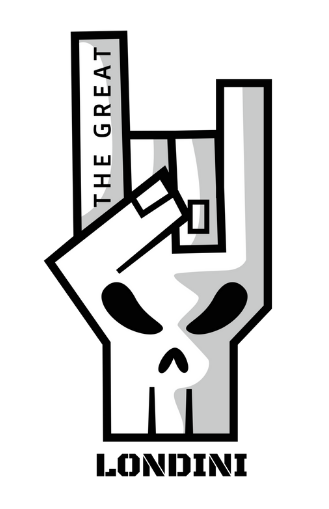Unmasking Internet Trolls and Cyberbullying: The Dark Side of the Web
The internet has undoubtedly revolutionized the way we communicate and connect with the world. However, like any tool, it can be used for both good and ill. In this blog post, we'll delve into the dark side of the web, focusing on internet trolls and the pervasive issue of cyberbullying.
Understanding Internet Trolls:
Internet trolls are individuals who deliberately provoke and disrupt online conversations. They thrive on creating chaos, spreading hate, and causing emotional distress. Trolling can take various forms, including offensive comments, personal attacks, and spreading false information. Trolls often hide behind anonymity, making it challenging to hold them accountable for their actions.
The Anatomy of Cyberbullying:
Cyberbullying, a close cousin to trolling, involves the deliberate use of digital platforms to harass, intimidate, or demean others. Unlike traditional bullying, cyberbullying can occur 24/7 and can reach a much broader audience. Targets often experience emotional and psychological distress, sometimes with severe consequences for their mental health.
The Impact of Internet Trolls and Cyberbullying:
Emotional Distress: Victims of trolling and cyberbullying often experience anxiety, depression, and feelings of helplessness.
Isolation: Many individuals withdraw from online communities to avoid further harassment, leading to social isolation.
Long-term Consequences: The emotional scars of cyberbullying can last a lifetime, affecting one's self-esteem and overall well-being.
Silencing Voices: Online harassment can lead to self-censorship, discouraging individuals from expressing their opinions and ideas.
How to Combat Internet Trolls and Cyberbullying:
Education: Increasing awareness about the impact of trolling and cyberbullying is crucial. Schools, communities, and families should educate individuals about responsible online behavior.
Reporting Mechanisms: Online platforms should offer easy-to-use reporting systems, allowing users to report abusive behavior and content.
Community Support: Online communities can play a significant role in combating trolling by promoting positive interactions and standing up against harassment.
Digital Empowerment: Teaching individuals how to protect their digital identity and use privacy settings effectively is essential.
Legal Measures: Law enforcement agencies and legislators should develop and enforce strict laws against cyberbullying.
Mental Health Support: Victims of online harassment may require mental health support. Services should be readily available and stigma-free.
The internet, with its vast potential for connection and knowledge-sharing, should be a safe and welcoming space for all. Internet trolls and cyberbullying tarnish this ideal, causing pain and suffering to countless individuals. It is our collective responsibility to create a digital environment where respect, empathy, and kindness prevail. By raising awareness, enforcing consequences for harmful behavior, and fostering a culture of empathy and understanding, we can combat the dark side of the web and make it a place where all voices are heard and valued.

